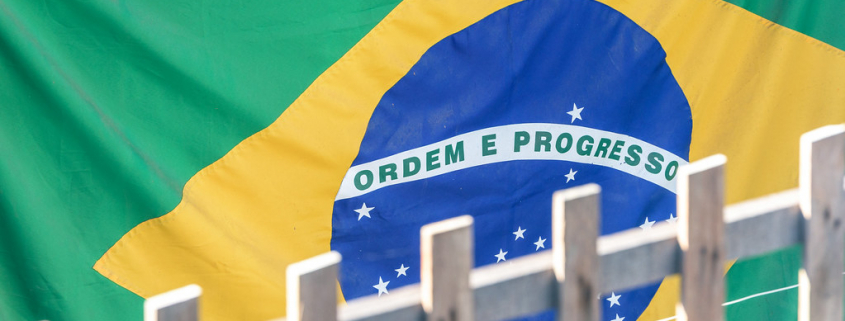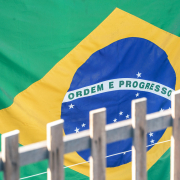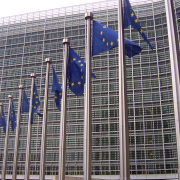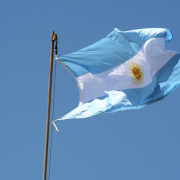The Ministry of Agriculture, Livestock and Supply (MAPA) of Brazil registered 31 agrochemicals in May (see list here). In total, 169 products were authorized in 2019, representing 37.5% of what was released in 2018, when 450 products received a commercial license from the Brazilian government.
However, in 2019, no new active ingredient was approved. Of the 31 registered agrochemicals, 29 are produced based upon active ingredients already authorized in the country. According to MAPA, the increase in the pace of releases is beneficial to the market. “It is expected that an increase in competition in the market for pesticides, where the farmer will have new options to choose the most appropriate products to perform certain pest controls on his crops. We understand that the safety of the products in question have been assessed technically and the data presented meets the requirements of the three federal agencies involved (MAPA, Anvisa and Ibama),” the Ministry said.
The National Union of the Products Industry for Plant Protection (Sindiveg) points out that “All new registrations are new trademarks of products that were already made available on the market previously. This means more options for the farmer, not an increase in the amount of products used in the field.”
“It is not possible to consider that the last concessions of registrations occurred as a practice that is being done in an unbridled way, or that differs from any other approval that has been made previously, since all the steps established in the current legislation continue to be duly respected”, points out Sindiveg.
The Union also notes that products registered for use in the field, chemical or biological, have different toxicity ratings, and that the measure is in accordance with the parameters established by the competent bodies, including the MAPA, Anvisa and Ibama.
“The effectiveness of products registered in Brazil and their safety are attested to by the national agencies responsible for agriculture, health and the environment (MAPA, Anvisa and Ibama), which assess the feasibility of using pesticides, in the light of peculiarities and regulations of the country,” he explains.
Source: Agropages




